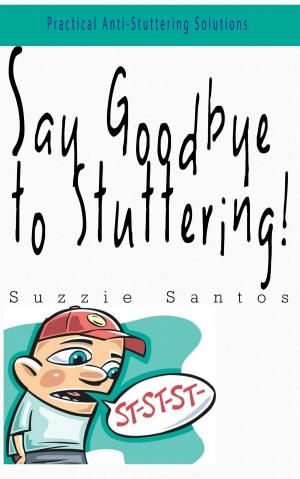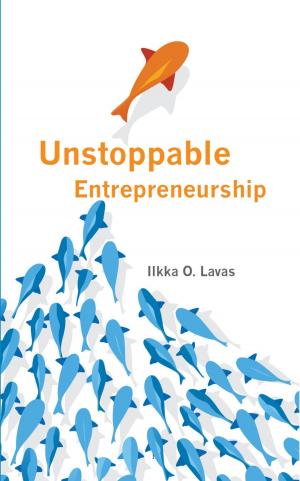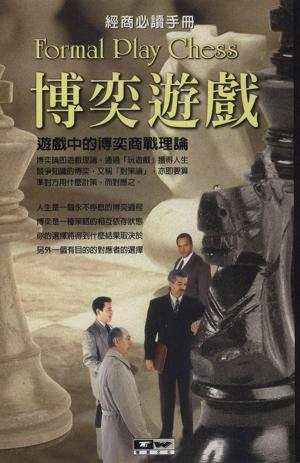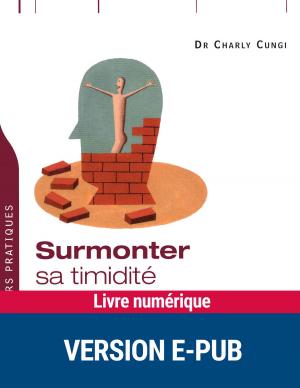Breaking the Argument Cycle
How to Stop Fighting Without Therapy
Nonfiction, Family & Relationships, Relationships, Marriage, Health & Well Being, Self Help| Author: | Sharon Rivkin, MA, MFT | ISBN: | 9780762799213 |
| Publisher: | GPP Life | Publication: | October 1, 2009 |
| Imprint: | GPP Life | Language: | English |
| Author: | Sharon Rivkin, MA, MFT |
| ISBN: | 9780762799213 |
| Publisher: | GPP Life |
| Publication: | October 1, 2009 |
| Imprint: | GPP Life |
| Language: | English |
Revealing where the real conflict lies in a relationship—and resolving it
*
Breaking the Argument Cycle is a book for all those who’ve ever found themselves arguing with their significant other, again and again, about money, sex, or even a seemingly trivial topic—when, at its core, the conflict is about something completely different. A longtime marriage and family therapist, Sharon Rivkin has helped hundreds of couples fix their relationships by understanding why they fight. Here, she shows how anyone can use the tools of therapy to break the cycle of destructive fighting—namely, by resolving the core issues of early arguments, which have their roots in childhood and get repeated over time.
Presenting real-life stories and easy exercises, Rivkin sets forth a simple, three-step process—Peel, Reveal, Heal—to empower couples to identify and then resolve their core issues themselves, shedding light on what they’re really arguing about. This is then followed up with healing exercises. By thus breaking the argument cycle, confusion and chaos turn into clarity and healing—and everyone can learn how and why they get hooked into an argument, how to unhook, and how to develop lasting tools to turn conflict into intimacy . . . even after years of fighting.
Revealing where the real conflict lies in a relationship—and resolving it
*
Breaking the Argument Cycle is a book for all those who’ve ever found themselves arguing with their significant other, again and again, about money, sex, or even a seemingly trivial topic—when, at its core, the conflict is about something completely different. A longtime marriage and family therapist, Sharon Rivkin has helped hundreds of couples fix their relationships by understanding why they fight. Here, she shows how anyone can use the tools of therapy to break the cycle of destructive fighting—namely, by resolving the core issues of early arguments, which have their roots in childhood and get repeated over time.
Presenting real-life stories and easy exercises, Rivkin sets forth a simple, three-step process—Peel, Reveal, Heal—to empower couples to identify and then resolve their core issues themselves, shedding light on what they’re really arguing about. This is then followed up with healing exercises. By thus breaking the argument cycle, confusion and chaos turn into clarity and healing—and everyone can learn how and why they get hooked into an argument, how to unhook, and how to develop lasting tools to turn conflict into intimacy . . . even after years of fighting.















